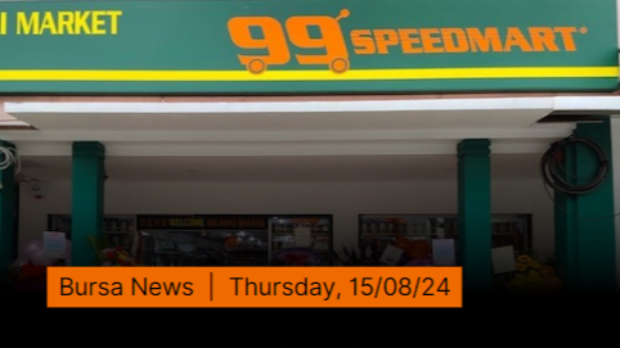Social media and eating disorders: Helpful or hazardous?
Tan KW
Publish date: Thu, 20 Feb 2020, 11:20 AM
Avocado toast, sushi, juices - at first glance, Isabelle's Instagram account looks like a food blog. But her profile sets you straight: "Uni student, trying my best to overcome my anorexia."
The 24-year-old German uses her account on Instagram, @lifeof.isi, to post daily updates on her struggle with anorexia.
"This is where I tell my story," she says.
In late 2018, Isabelle fainted several times and was hospitalised, but she continued to keep followers of her posts - many of whom have eating disorders themselves - in the loop. They swaps tips and commiserate with each other. Isabelle describes her account as "a big, uncontrollable support group".
Social media content dealing with eating disorders is steadily increasing, notes Dr Silke Naab, head of the Department of Psychosomatic Medicine and Psychotherapy at Schoen Clinic Roseneck in Germany.
The platforms have pros and cons, she says. Instagrammers like Isabelle can serve as role models, their struggles through setbacks giving motivation to people with a similar condition. But content that glamorises eating disorders should be shunned, Naab warns.
This includes pro-ana and pro-mia forums, "ana" being short for anorexia and "mia" for bulimia.
"The disorders are promoted as lifestyles," points out Dr Silja Vocks, a professor of clinical psychology and psychotherapy and president of the German Society for Eating Disorders (DGESS).
Isabelle learned the hard way how dangerous pro-ana groups can be. At age 17, she says, she "slid into the eating disorder" via a pro-ana group on an online messaging service. The goal was to lose 500 grammes a week. She got thinner and thinner and would go to bed afraid that she wouldn't wake up. Finally she realised she had to stop.
Isabelle readily admits that she doesn't give her approximately 1,200 followers any advice on overcoming anorexia. "I'm still feeling my way out of it myself," she says.
Though she's managed to avoid being underweight for extended periods, she's had repeated relapses. The last one occurred a year ago and is ongoing. Her Instagram account gives her strength, she says, because her followers have similar histories and can "better understand" her than people who haven't struggled with an eating disorder themselves.
While this kind of content may indeed be helpful to some people, particularly those deeply caught up in an eating disorder, Naab says people should think twice before sharing their stories. "They're sharing very personal information in a relatively anonymous space without knowing how the information will be used," she points out.
Anorexics are often socially isolated and get longed-for feedback on social media, according to Vocks. But this feedback, Naab argues, doesn't solve their problem.
"It's not enough to share your worries and fears online. You've got to do it in real life too. Difficulties always arise when you live in a parallel world," says Naab. A connection with others via Instagram can be a good first step, though, she adds.
People who see signs of an eating disorder in a relative should address the matter, she advises. Since those affected are often ashamed of their condition, it may help if they speak with a person they trust or with a therapist. And parents of a child with an eating disorder should acquaint themselves with the social media their child uses.
- dpa
More articles on Future Tech
Created by Tan KW | Aug 17, 2024
Created by Tan KW | Aug 17, 2024
Created by Tan KW | Aug 17, 2024
Created by Tan KW | Aug 17, 2024










.png)
.png)









